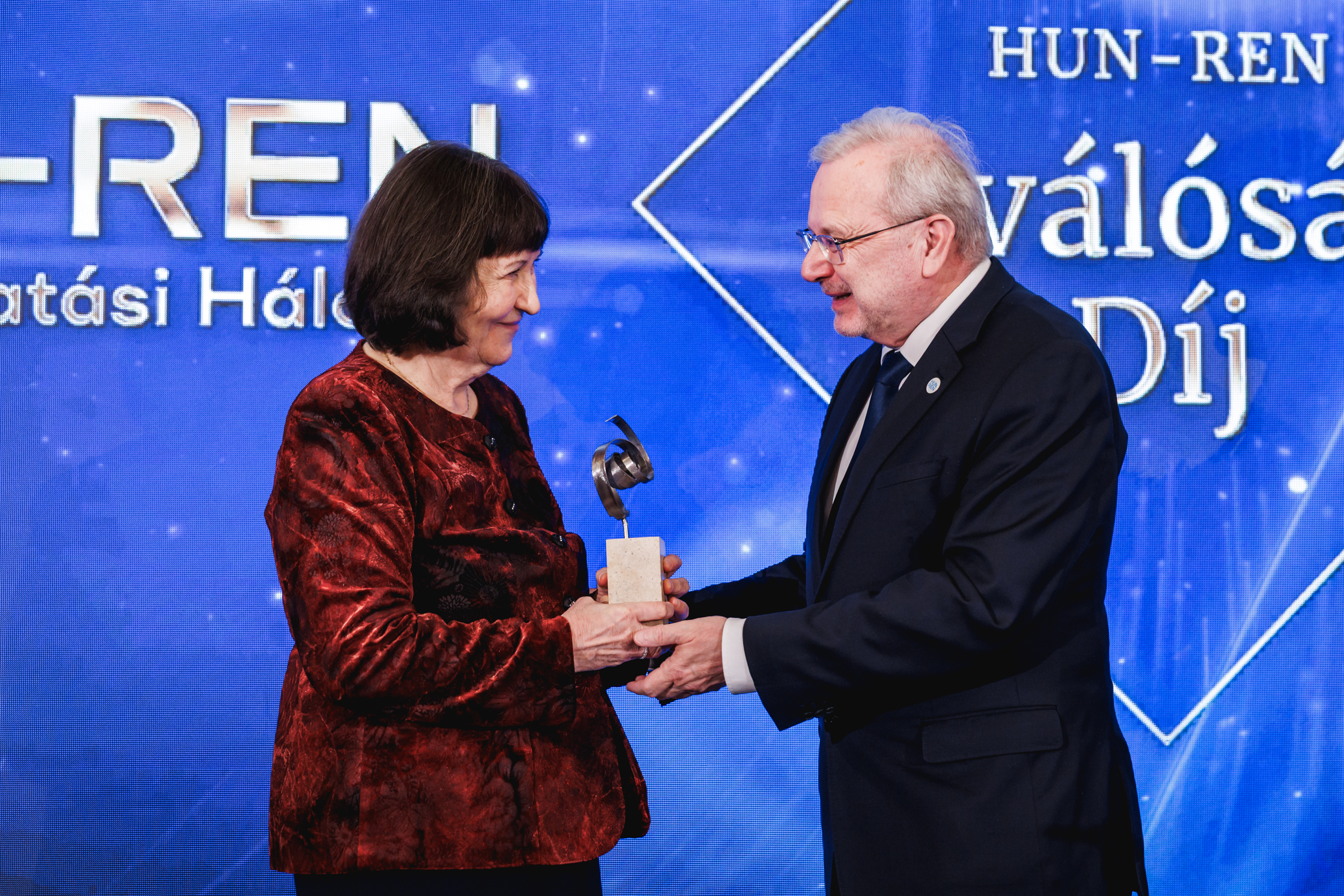How Does the Drug Get from the Researcher's Brain to the Patient's Mouth? Discover the Fascinating Process of Drug Discovery at the Science Expo
Hungarian science will be the main focus between 21 and 23 November at the Museum of Fine Arts. At the first Science Expo, several HUN-REN research centres will be on show, where, among other things, you can find out how a medicine is created.

At the Innovative Drug Development Technologies booth, attendees can follow a drug's journey from concept to completion: from the researcher's initial idea to the patient’s hands. Researchers from the HUN-REN Research Centre for Natural Sciences, the HUN-REN (KOKI) Institute of Experimental Medicine, and experts from Gedeon Richter Plc. will lead this experience.
Other notable exhibits include thyroid hormone diagnostics and the latest advancements in research methods. Visitors can also engage directly with experts and learn about new studies, including promising results on a drug, already used in oncology, that shows potential in treating severe coronavirus infections.
The KOKI research team will showcase their work using mouse brain slice preparations to explore how microglial cells, the brain's primary defense cells, are activated following injury. While we have previously shared insights on this topic, visitors will have the chance to speak with KOKI scientists in person at the Science Expo.
Full program details will be posted on the institutes’ websites soon.

